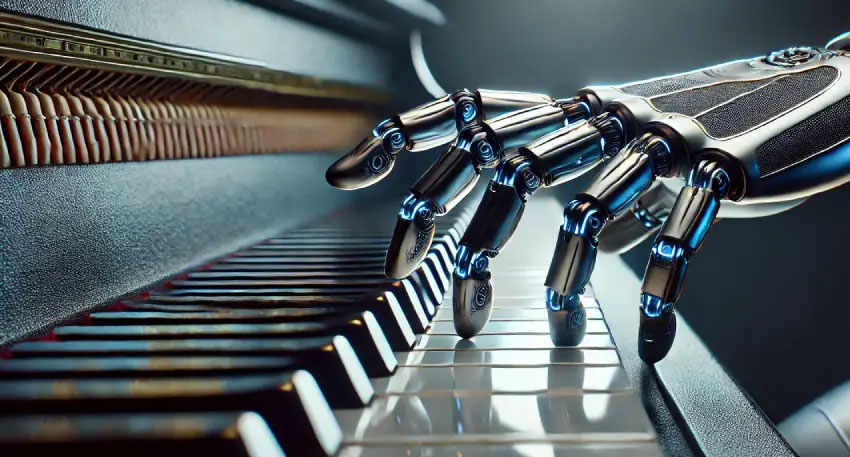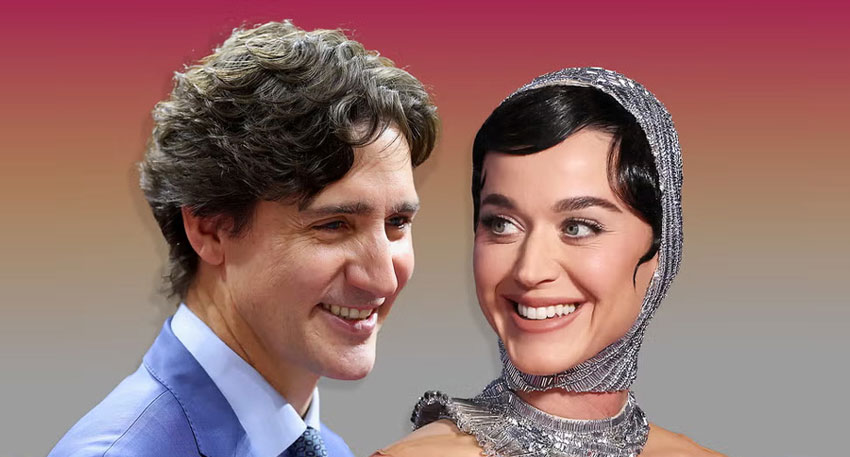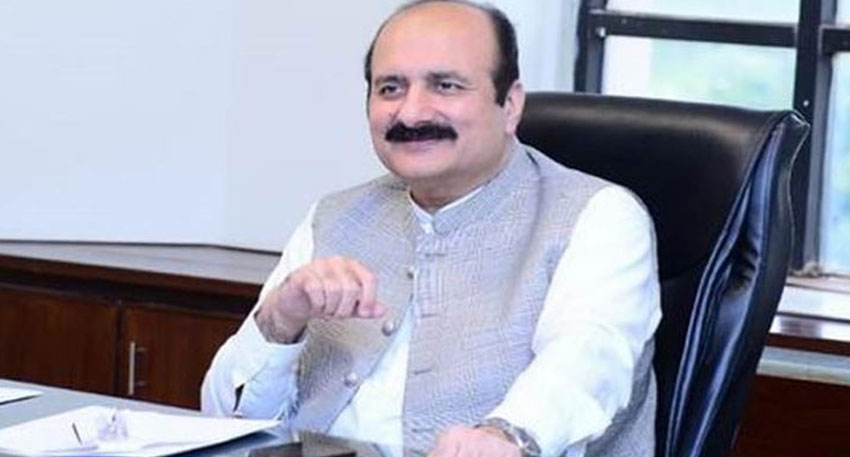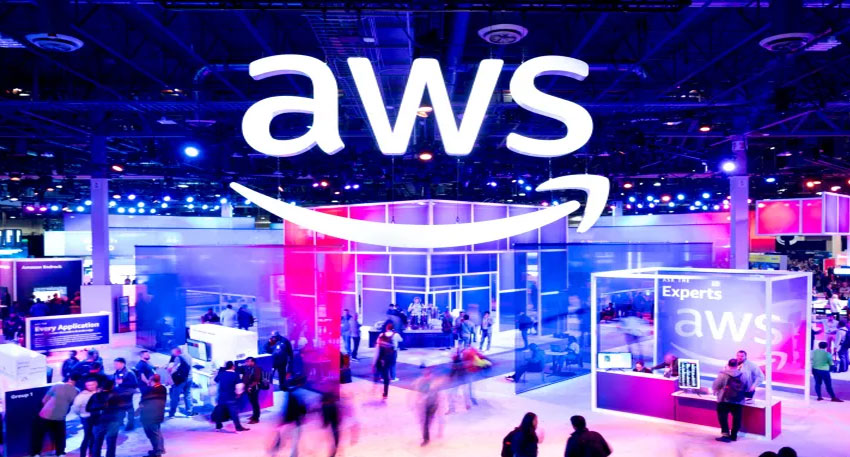
Mainly because, as per a study by France’s International Confederation of Societies of Authors and Composers, revenue estimates propose by 2028 it could account for 20% of all streaming platform revenue.
Rumba Congo (1973) turned out to be an entirely fake album and was found out by the Spanish newspaper El País on YouTube.
Also Read: AI could erase thousands of office jobs within five years, tech experts warn
Although YouTube needs the usage of realistic AI content to be divulged by the creator, it is often neglected by desktop users, as they have to go to the end of the video description in order to know if it is AI-generated or not. Spotify hasn’t applied a policy that requires users to label music as AI-generated. Appeals are disseminating on the Spotify Community forums as users are infuriated and require transparency since they feel tricked into listening to AI-produced music.
“In the arts, we can establish a connection with the artist; we can learn about their life and what influenced them… With artificial intelligence, that connection no longer exists,” said María Teresa Llano, associate professor at the University of Sussex. She stressed how bizarre AI-generated music is and how it lacks emotional connection.
However, Spotify’s co-president Gustav Söderström has nothing against AI-generated music; instead, he sees it as a way of eliminating obstacles to creativity. He can also differentiate between AI-produced music and music that uses AI tools to some degree. He did concede, however, that one of the few restrictions for AI music is still copyright infringement, which is still hard to prove.




